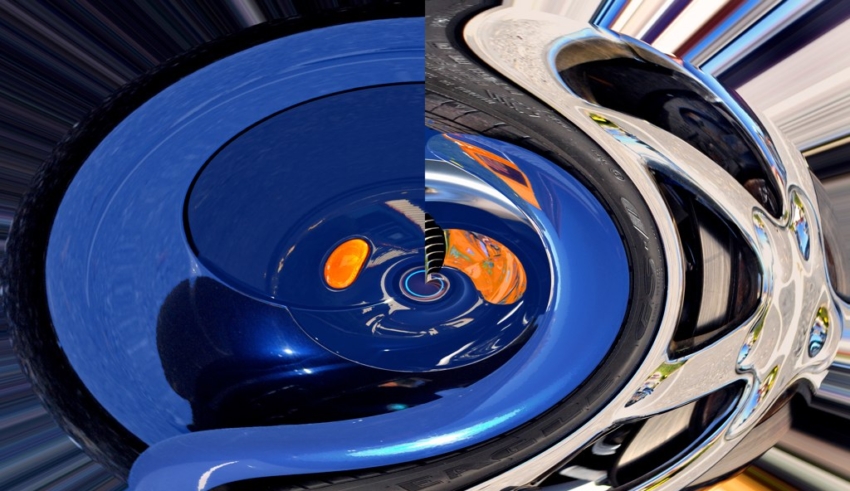
This paradigm shift from emphasis on the ‘real’ world to the perceived world was radical in Kant’s day and has had an impact ever since on our contemporary thinking about perception and, consequently, on how we think about self-perception. In fact, Howard (2000, p. 204) has argued that Kant’s interests in ‘deconstructing’ the process of, and conditions for, perception “catapults him into a postmodern mind-set two centuries before postmodernist scepticism and pluralism”. For Descartes the self was a separate thinking thing, quite different in nature from the material body. For Hume, there was no self, only a bundle of perceptions that gave the impression of a self. Kant, however, argues that the self is a construct of the activity of the mind as it tries to bring all its sensations and cognitions together. The power of the mind to influence perception is widely accepted today but has its origins with Kant.
Dewey (1859 – 1952)
John Dewey, considered one of the greatest American philosophers and educational thinkers, also rejected the stark division between rationalism and empiricism. However, unlike Kant, Dewey came to believe that a workable theory of knowledge must begin by recognising the development of knowledge as an adaptive response to environmental conditions aimed ultimately at active restructuring of these conditions. Dewey argued that reason is not privileged in its access to knowledge by being outside itself but is an embedded process, a tool, with the capacity to understand and form perspectives on the world.
Like Descartes, Dewey constructed a theory of knowledge that claimed that what we know is initiated through a rational process. However, whereas Descartes considered that his method led to a clear knowledge of truth, a priori, Dewey rejects a priori forms of thought that presuppose that rationality structures our experience. He exposes the contradictions and conflicts of dualistic thinking, arguing that a certain unity of experience precedes our rational division of stimulus and response and that these two emerge only as a product of our actual experience. For Dewey a stimulus was some “transaction demanded by nature” while a response is a “historically based adjustment” (Armitage, 2003, pp. 55-58). Together they formed a reflexive arc-what Dewey called a “continual reconstitution” (1896, pp. 99). Thus, Dewey decentred reason by showing that subjectivity, consciousness and self are emergent processes rooted in transactions between organisms and organisations. The constant interaction between our environment and our meaning making is, according to Dewey, a vital part of knowledge creation.
He further believed that any justification for a belief is grounded in individual experience: it is an empiricism made individual. An experience may be a thought process, the resolution to a problem or an everyday action that has to be completed. Dewey views such intentional experience as necessarily goal-oriented and distinguishes it from the flow of just experiencing things, where there is no goal and no process to achieve a goal. Dewey argues that experience has order and a start and end point and this is why it appears to have an aesthetic dimension; meaning is made through a kind of narrative construction that provides not only satisfaction but also a justification for our beliefs. It appears that the entire process is unified, has continuity and is part of a whole, which arouses feelings of satisfaction as we become aware of the possibility of completion.
Download Article 1K Club















